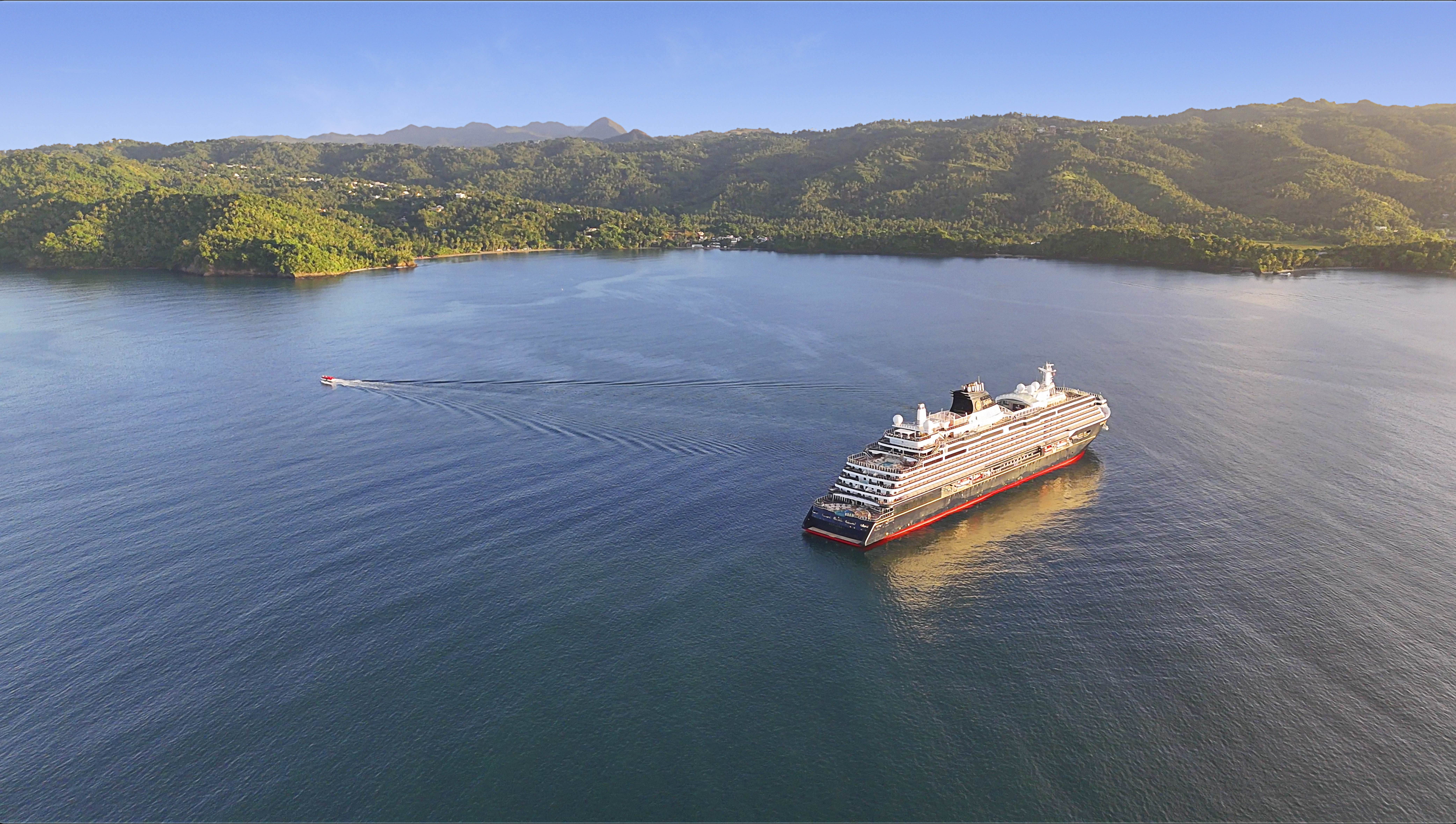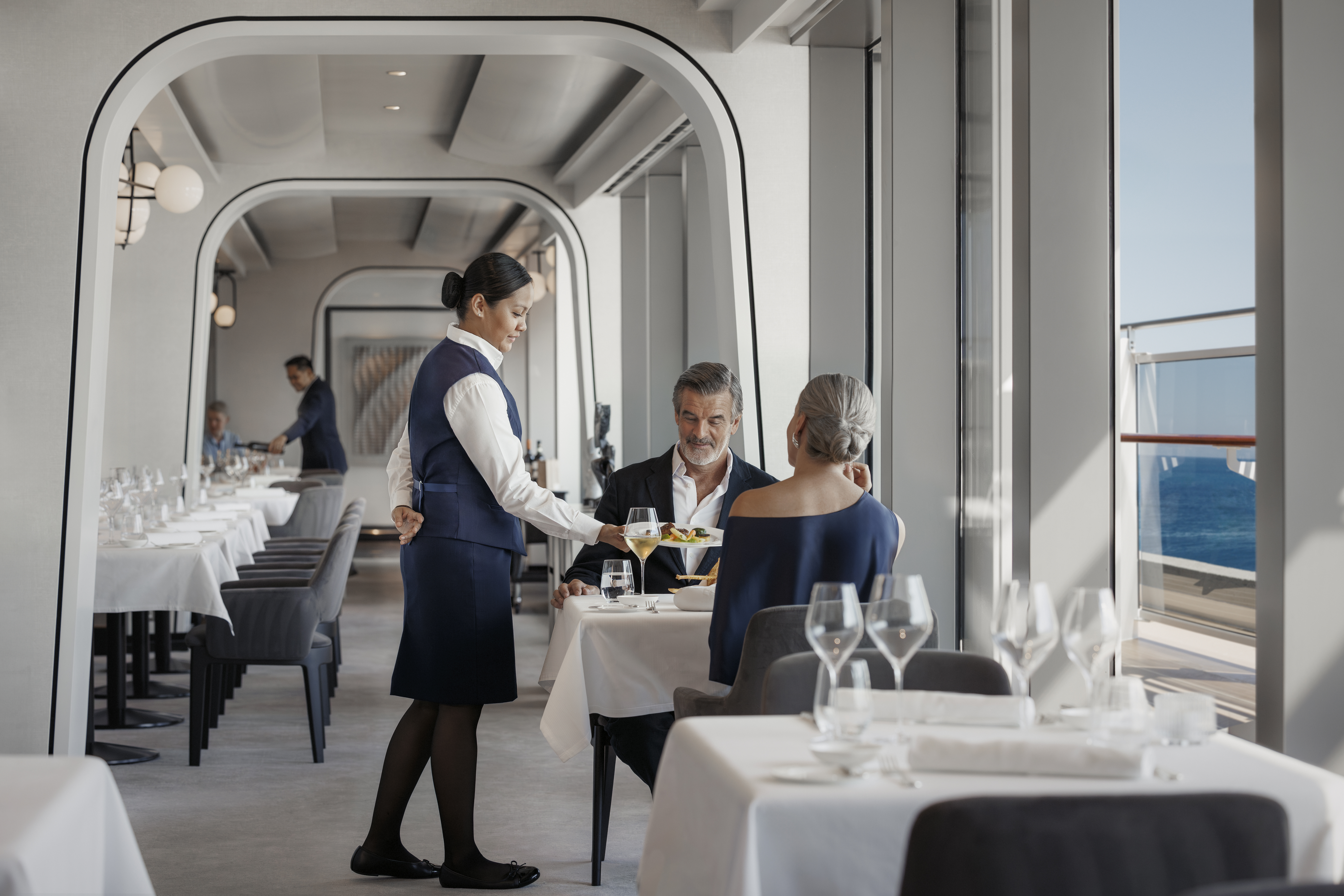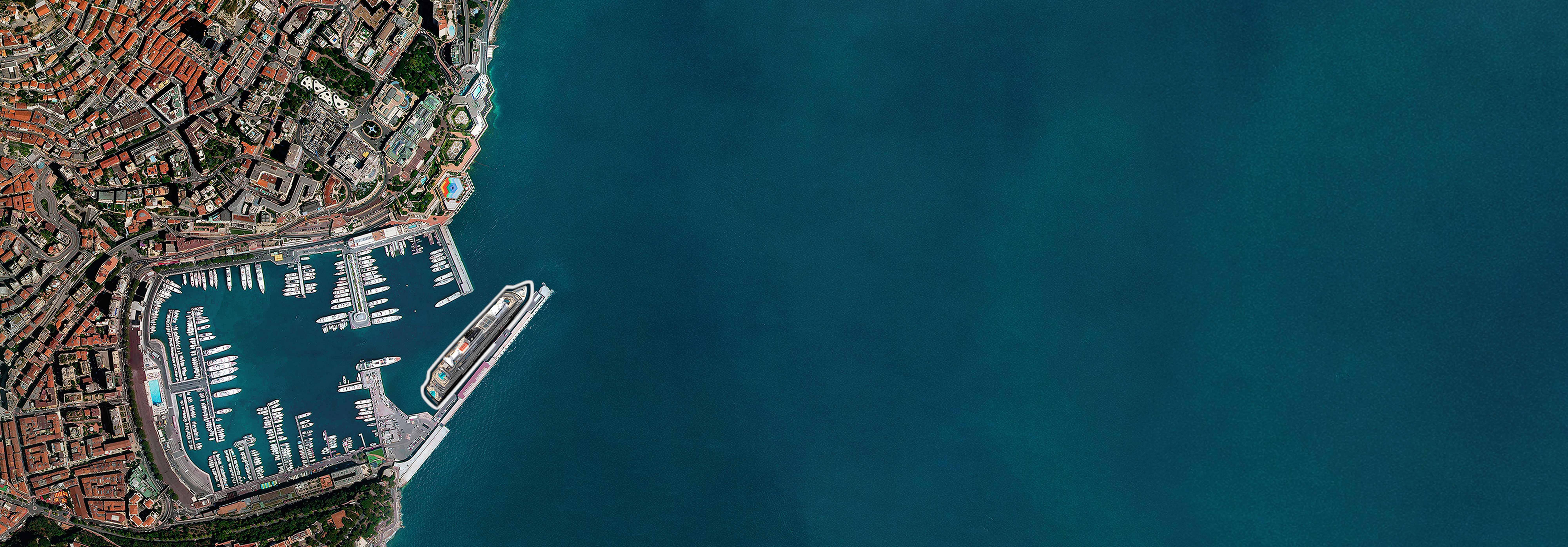As traditional hospitality giants set sail and new demographics embrace cruise holidays, the sector is experiencing unprecedented growth whilst challenging long-held perceptions about luxury cruising shares Anna Nash, President of Explora Journeys.
Four Seasons, Ritz-Carlton, and Aman – names synonymous with luxury hospitality as we know it – are now setting sail. The very hotel brands that have defined luxury travel for decades are betting their reputations on the open seas. This isn’t merely expansion; it’s validation of a market worth USD 9.73 billion in 2024 and projected to nearly triple by 2037.
Nash leads one of the most intriguing players in this maritime revolution. Explora Journeys, the luxury division of MSC Group – the world’s largest container shipping company – represents an approximately USD $4.1 billion investment in redefining cruise travel. Speaking on a recent episode of The Luxury Society Podcast, Anna Nash, President of Explora Journeys, offers compelling insights into how the sector is evolving to meet the sophisticated demands of today’s luxury consumers.
An Industry on the Revamp
The global luxury travel market is experiencing strong growth across all regions, with the market estimated at USD 1.48 trillion in 2024 and projected to reach USD 2.36 trillion by 2030. As consumers increasingly prioritise transformative experiences over mere material possessions – luxury analyst Luca Solca discusses in an earlier episode of the podcast – the luxury cruise industry stands at a pivotal moment.
According to the Cruise Lines International Association (CLIA), 27% of all passengers in the last two years were new to cruising – a 12% increase in new-to-cruise guests over the prior year. This surge of first-timers provides powerful evidence that traditional barriers to adoption are breaking down, driven by a fundamental reimagining of what luxury cruising can be. At Explora Journeys, about 25% of travellers on board are new-to-cruise, indicating the untapped potential of the industry.

“Cruising still has a stigma attached to it. There’s no doubt in that,” Nash acknowledges candidly. Yet this perception is rapidly evolving as the industry attracts a new calibre of operators and clientele who understand that modern ocean travel offers something land-based luxury cannot: the gift of time itself.
“Lots of different misconceptions exist around this industry, but actually cruising or ocean travel, as we like to talk about, really brings an opportunity for exploration,” Nash explains. “It’s a way of travel that actually gives you time back because everything is there for you. Everything is arranged for you. It’s a fully inclusive experience.”
“We really see ourselves as a floating hotel whose address is the ocean, and that is the simplest way of describing what we are doing,” says Nash.
As perceptions shift, leading hospitality brands have joined the race to attract this new generation of discerning travellers – but Nash welcomes the competition, believing that this collective movement will instead help to accelerate adoption of this travel style. “I believe that with Four Seasons, Ritz Carlton and Aman taking to the seas, they will help make cruising cool again. They will help us all with marketing this incredible way of travel.”
Redefining the Consumer Experience
The art of luxury cruising, as it turns out, lies not in grand gestures but in understanding what truly matters to the modern affluent traveller. Nash discovered this through a comprehensive approach: carefully listening to them. “We were a brand built on the art of listening,” Nash explains. “The brand was launched having done in-depth surveys with 20,000 potential customers.”
“Food we learned was really non-negotiable,” Nash reveals, “as well as being seen as a person, not a number.” This insight has manifested aboard Explora I and II, where guests can enjoy immersive and curated dining experiences ranging from its Pan-Asian restaurant Sakura that features an interior inspired by Kyoto’s ancient tea rooms, to Anthology, the cruise line’s signature fine-dining restaurant that has hosted guest chefs including Michelin-starred Mauro Uliassi and Claude Le Tohic.

Credit: Explora Journeys
The real revelation, however, came in understanding cruising’s unique proposition: access. “It was about trying to reach those off-the-beaten-track destinations,” Nash notes. “The joy of being on the water is that we can take you to places you may not ordinarily go to, or we can connect places that are not easily connectable via airport to airport.”
This philosophy translates into Explora Journeys’ itineraries that include intimate ports like Hvar, Croatia and Nydri, Greece, with overnight stays that allow for deeper exploration while avoiding the crowds of larger ships. In an era where affluent travellers have seemingly been everywhere, this connectivity advantage has become its secret weapon.
Expanding Consumer Touchpoints Through Strategic Partnerships
Yet access alone isn’t enough to convert luxury travellers into cruise guests. The purchase journey remains complex, requiring patience and strategic thinking. Nash highlights the extensive consumer engagement required: “[There are] up to 17 touch points that a guest will need to see before they actually commit to booking. So there’s a lot of work that needs to be done to get a customer to book with us, but I do know that once they’ve experienced us, they will want to sail again.”
This extended consideration period is understandable, given both the significant financial commitment – a typical 7-day cruise between Barcelona, Spain, and Civitavecchia (Rome), Italy, with Explora Journeys, starts at approximately US $7,000 – and the desire to ensure the experience matches expectations. Given this complexity in the decision-making process, strategic partnerships have become essential for cutting through the noise and helping travelers make informed choices.
Nash describes a particularly successful collaboration: “We were very, very fortunate that this year we were the only ship of our kind docked in Port Hercule for Monaco F1 Grand Prix. So it gave us really the central staging ground to drive awareness, but also to give our guests on board almost back-of-house experience into F1. It was an incredible experience for them.”

Credit: Explora Journeys
These partnerships do more than generate brand exposure – they demonstrate the unique access that luxury cruising can provide to exclusive events and destinations that would be difficult to experience through traditional hospitality channels.
Expanding Horizons Ahead
The luxury cruise sector’s future appears increasingly bright, supported by robust growth projections and evolving consumer preferences. The luxury segment continues to outpace all other market niches on a percentage basis, suggesting that premium positioning will remain a key growth driver.
This momentum is evident in the digital landscape. According to DLG’s Proprietary DemandTrackerTM data tool, while established players like Regent Seven Seas leads with search volumes of 1.2 million a month, followed by Silversea at 859,000 monthly searches and 49% year-over-year growth, newer entrants are making their mark. Explora Journeys generates about 212,000 monthly searches – showing strong momentum with 83% year-over-year growth.
The geographic distribution of this demand reveals interesting patterns. “There’s a clear US dominance across all brands, but the concentration levels vary significantly. What stands out is that both Silversea and Explora Journeys come in at a lower US concentration of around 40% – they’re the most internationally diversified,” shares Benedicte Soteras, DLG’s Partner and International Client Director. “Silversea and Explora Journeys also have great popularity in their closer-to-home market with the UK at 10-15% and other markets such Italy and Germany appearing as well with strong demand.”
The sector’s evolution is also being shaped by changing demographics and travel patterns. Based on data from Cruise Lines International Association (CLIA), solo travel growth saw 12% of cruisers travel alone in 2024 – double the rate from 2023, whilst multi-generational travel remains strong with 28% cruising with family spanning 3 to 5 generations. These trends suggest that luxury cruise operators must design experiences that cater to diverse travel motivations and group compositions.
Nash’s confidence in the sector’s trajectory is palpable: “I strongly believe that we’re an industry that still has its best years ahead. I think there’s an incredible amount of growth.”
__________________________
Listen to the full interview with Anna Nash on Episode 10 of The Luxury Society Podcast on Apple, Spotify, and other major podcast platforms.
To discover more about the shift in consumer expectations of luxury brands today, read our interview with Luca Solca, Managing Director of Luxury Goods at Bernstein or listen to the podcast episode available on Apple, Spotify, and other major podcast platforms.
Subscribe to The Luxury Society Podcast to receive notifications about new episodes featuring luxury industry leaders. Never miss an episode as we continue exploring the themes shaping the future of luxury.










